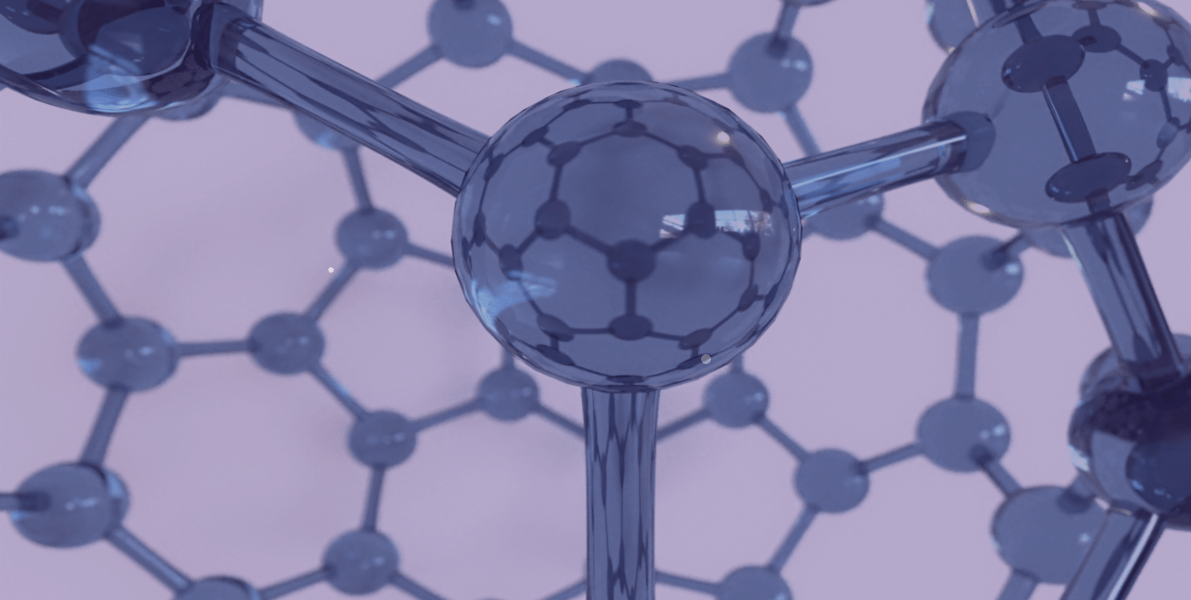UW has launched a new institute that aims to accelerate research at the nanoscale, the Institute for Nano-Engineered Systems, or NanoES. NanoES, part of UW’s College of Engineering, will develop tiny devices and systems that address big challenges in medicine, energy, information processing and more.

Karl Bohringer, UW professor of electrical engineering and bioengineering
Karl Böhringer, joint UW professor of electrical engineering and bioengineering, will direct the new institute. NanoES’s vision is to attract nanoscale science and engineering researchers, and to enable industry partnership and entrepreneurship. This approach will foster development of nanotechnologies for personalized medicine, a more efficient interconnected life and increased mobility.
NanoES will also house easily accessible, unique fabrication and characterization equipment that integrates with existing user facilities such as the Molecular Analysis Facility (MAF), the Washington Nanofabrication Facility (WNF), the Clean Energy Testbeds, and the NSF National Nanotechnology Coordinated Infrastructure (NNCI) network.
NanoES will be housed in the new Nano Engineering and Sciences Building, a 90,300 square foot facility. The building includes teaching space, interactive areas to facilitate the sharing of ideas, and flexible multipurpose laboratory and instrumentation space. The building’s design and location limits exposure to vibrations and electromagnetic interference that can disrupt sensitive experiments.
NanoES’s specific areas of focus include:
- Augmented humanity: Technology that can aid and replace human capability in a way that joins user and machine as one. Potential applications include portable, wearable, implantable and networked technology for personalized medicine and more.
- Integrated photonics: Devices ranging from single-photon sensors for medical diagnostics to large-scale, integrated networks of photonic devices.
- Scalable nanomanufacturing: Low-cost, high volume manufacturing processes for diverse applications from 3-D printing of cell and tissue scaffolds to ultrathin solar cells.


